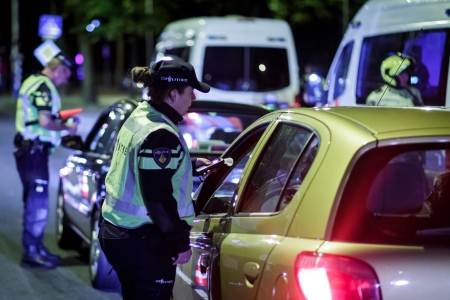Suspension or revocation of the driving licence reduces the number of alcohol offences and alcohol-related crash involvement and thus contributes to increased road safety [72]. Yet, these penalties are often more effective in combination with other measures (rehabilitation for example) than as a standalone measure [72].
When a driver’s licence is suspended, the driver is not allowed to drive a car for a certain amount of time. When the driving licence is revoked, driving skills and/or fitness to drive will have to be proved to CBR once more (see the question Which criminal and administrative measures for driving under the influence are available?).
Suspension or revocation of the driving licence is no guarantee that the convicted drivers do in fact no longer drive a car. Based on telephone interviews with 1000 drivers in Austria, for example, it was estimated that more than a quarter of the drivers whose driving licence had been suspended continued to drive, and about 15% even continued to drive under the influence of alcohol [73]. American and Australian studies (described in [74]) indicate that 50-70% of the alcohol offenders continued to drive (occasionally) even after suspension or revocation of the licence. Goldenbeld, Houwing & Blom [29] conclude that traditional measures, such as fines and licence suspension, seem to have little or no effect on the group of serious alcohol offenders. At least 45% of serious alcohol offenders are persistent in their violation behaviour and continue to drink drive even after such penalties were imposed.
